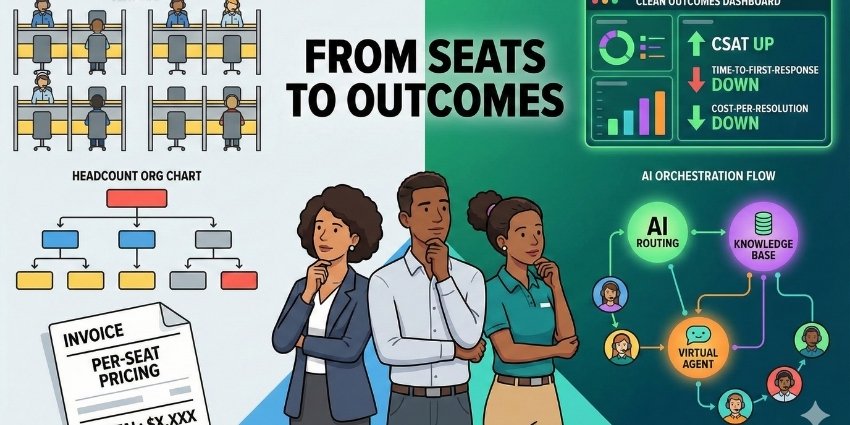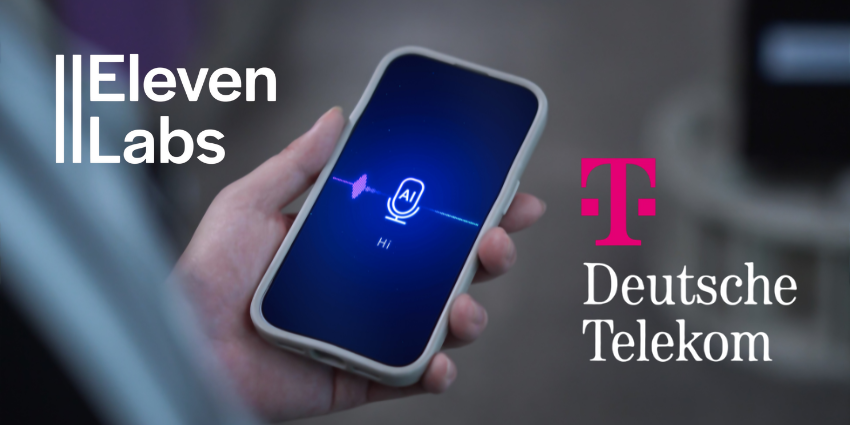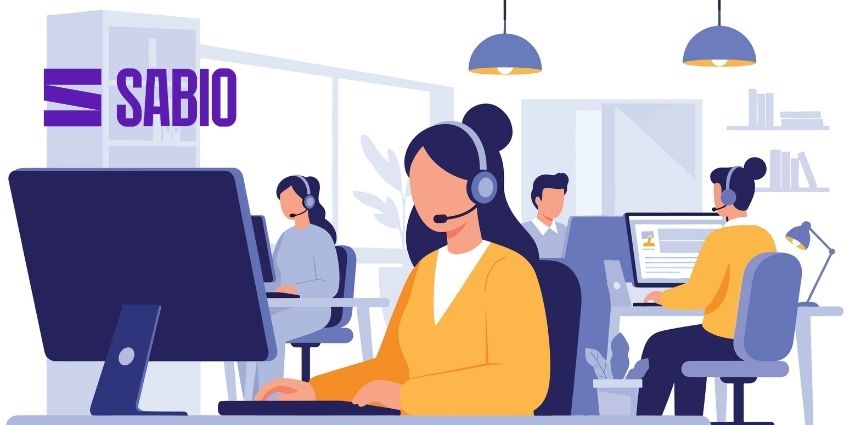Many companies consider proactive customer service through the lens of cost reduction.
After all, if they can solve issues before customers reach out, they can lower demand on the contact center and – in doing so – cut costs.
Yet, proactive service also enables businesses to reimagine customer journeys, improve the experience, and boost loyalty.
As more brands have recognized this over the past decade, bolstering proactive customer service has become a primary aim of their contact centers.
However, with the advent of AI agents, it has recently risen up the agenda.
Indeed, AI agents can detect signals in systems that indicate an issue, consider who the problem impacts, and communicate the problem to customers.
It’s a game-changer that will make executing proactive customer service strategies simpler.
Here are ten of those strategies – across ten industries – which may inspire leaders to advance their service experiences.
1. Supply Chain Alerts (Retail)
Here’s a common retail scenario: a customer attempts to purchase an item, only for it to be out of stock.
With AI agents in the supply chain, the business can alert waitlisted customers when the product is back and connect them to a commerce experience.
In doing so, the business keeps customers engaged and informed, so they don’t need to chase up. It can also generate revenue that may have been lost.
Other examples of proactive customer experiences in retail include proactive cart recoveries and automated post-purchase assistance – i.e., sending setup information or scheduling a tutorial.
2. Network Outage Updates (Telco)
When a service drops in a specific region, customers can bombard telcos while they desperately try to get to the root of the issue and offer service agents guidance.
Thankfully, AI agents can monitor the network for outages, consult the CRM to isolate impacted customers, and share an update before customers contact the business.
Moreover, the business can send updates as they solve the issue, keeping customers in the loop and managing their expectations.
3. Journey Recoveries (Travel)
Airlines must often delay flights, putting many customers at risk of missing their connections.
Still, many force customers to talk to service staff, who must authenticate and manually rebook a long string of fretting customers.
Yet, by keeping up with delayed flights, AI can automatically rebook the customer’s connection, update their itinerary, and notify them.
The solution may not be perfect for everyone. However, these seamless travel adjustments will offer most travellers peace of mind.
Additionally, this strategy is ideal for transport services struggling to operate during crises, like a weather emergency.
4. Personalized Itineraries (Hospitality)
Customers often book holidays via apps like Airbnb, Booking.com, or Hopper.
These offer details of a customer’s travel history, and – with AI – the hospitality sector can use AI to proactively provide them with a customized itinerary.
Such an itinerary may include suggestions for local experiences, tours, and restaurants to enhance each visitor’s experience and lower planning efforts.
5. Medication Reminders (Healthcare)
According to a paper published by the National Library of Medicine, approximately 50 percent of patients don’t take medications as prescribed.
Often, that’s due to forgetfulness. Proactive medication reminders can help here.
Indeed, AI agents can monitor prescribed medication schedules, remind patients to take their doses, and proactively check for refills to keep customers on track.
As such, healthcare organizations can minimize human error, improve health outcomes, and boost patient satisfaction rates.
Alongside simpler use cases like check-up reminders, another more advanced use case is for AI to monitor telehealth conversations and escalate when the patient raises abnormal symptoms. This strategy could save lives.
6. Loan Management (Bank)
AI agents can track and alert customers when they qualify for a better loan rate.
In the alert, the bank could also guide them through the upgrade experience, pre-filling much of their application.
As such, the bank reduces the complexity of making financial decisions for customers, helping them save money.
Other use cases for proactive customer service in banking include sharing proactive savings advice and preventing fraud.
On the latter, AI may detect unusual activity on a customer’s account, freeze it, and notify the customer, who can confirm or contest the fraud.
7. Proactive Equipment Maintenance (Consumer Services)
Home repair and maintenance service providers can use AI and the Internet of Things (IoT) to detect signs of appliance failures.
Recognizing these signs, an AI agent may communicate a scheduling experience to the customer so they receive timely maintenance before the system fails.
As a result, the business minimizes downtime and helps its customers avoid tricky situations.
8. Proactive Learning Paths (Education)
In 2025, complaints from University students hit a record high, with many citing loss of access to services, facilities, and other support.
Proactive support mechanisms may help higher education organizations overcome these concerns and stem the flow of complaints.
For instance, AI could create a proactive learning path – including customized study plans, resources, and skill-building courses – based on their strengths, weaknesses, and progress.
Additionally, by assessing these attributes and the student’s interests, AI could help recommend careers alongside relevant internships and courses.
9. Parental Benefits Support (Public Sector)
The applications of proactive customer service across the public sector are broad. However, one excellent example comes from the Estonian Government.
In Estonia, when a child is born, an entry is made into the population register, which activates follow-on services without the parents having to apply.
The parents then receive a proactive link to a portal where they can explore those services alongside a summary of the benefits they’re now entitled to.
That summary includes a calculation of the benefits, when they will receive those, and guidance on what to do next.
10. Appointment Reminders (Real Estate)
When prospective buyers show up for a viewing, they share many details about their preferred house style, size, and location.
Estate agents may then log these preferences and, as a new house comes up that meets the criteria, receive a notification. From there, they may engage in personalized outreach to attract suitors.
Another use case in real estate, which spans several other industries, is appointment management.
Indeed, by scouring the scheduling system, an AI agent could remind prospects of their viewings.
Meanwhile, if a client cancels, the agent could suggest alternative times and dates based on availability and known preferences.
Embrace Proactive Customer Service with UJET
Gartner recently made headlines by predicting that AI agents will resolve 80 percent of customer conversations by 2029.
Yet, AI agents are only handling reactive customer contacts; they’ll also be solving issues proactively and following the use cases laid out above.
UJET is serving businesses in all sectors with the technology and support they need to orchestrate these proactive and reactive service experiences.
Its CCaaS platform wraps around any CRM to take critical data signals, enable proactive alerts, and improve the customer journey.
UJET also boasts a close partnership with Google to leverage the latest AI technologies, pull those into the experiences, and further enhance outcomes.
To discover more, visit: ujet.cx







